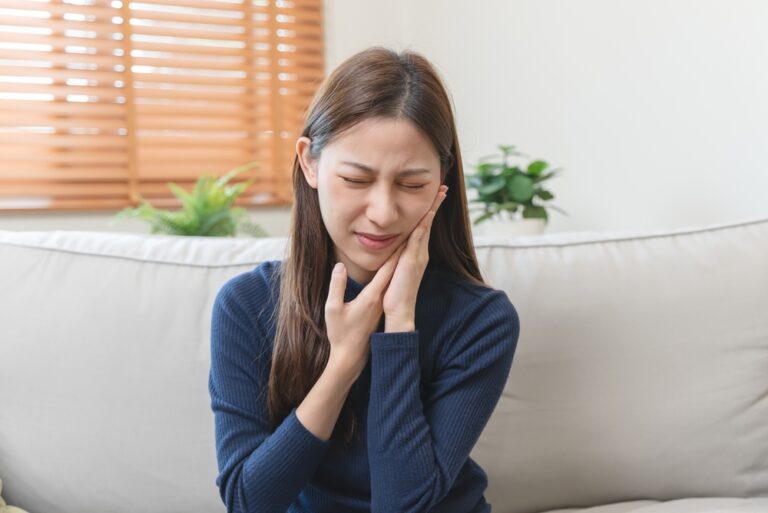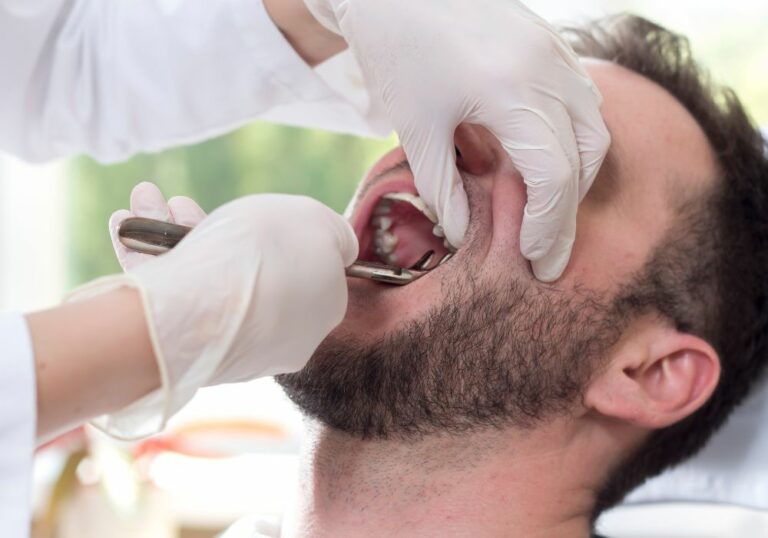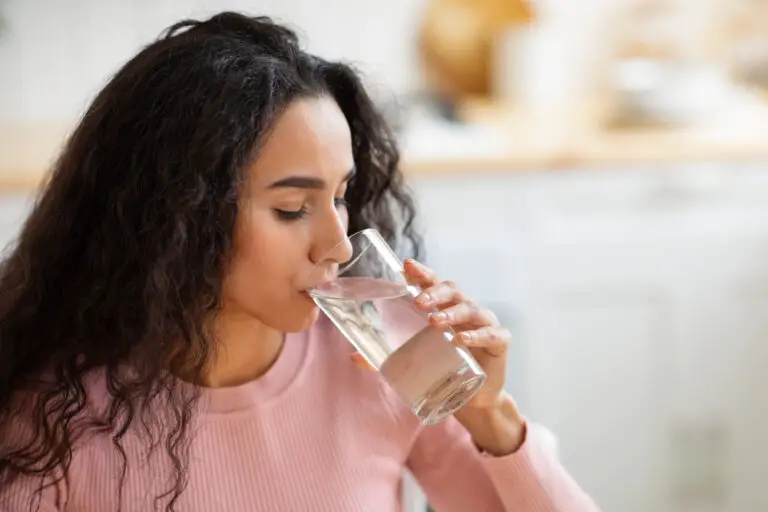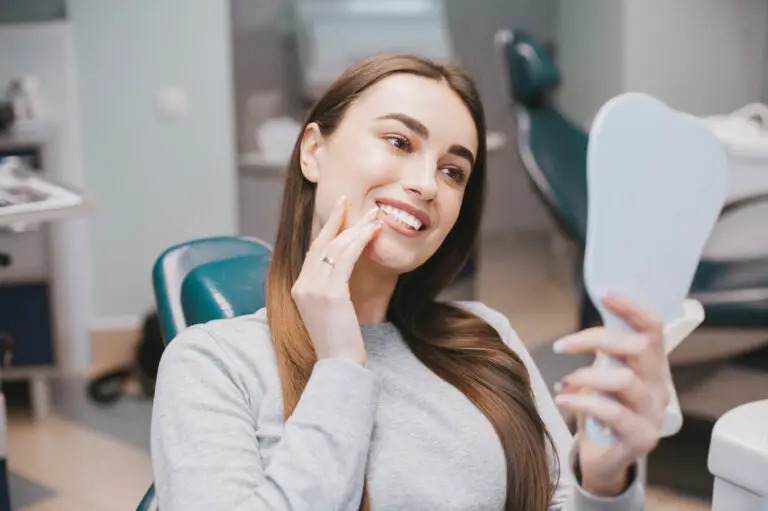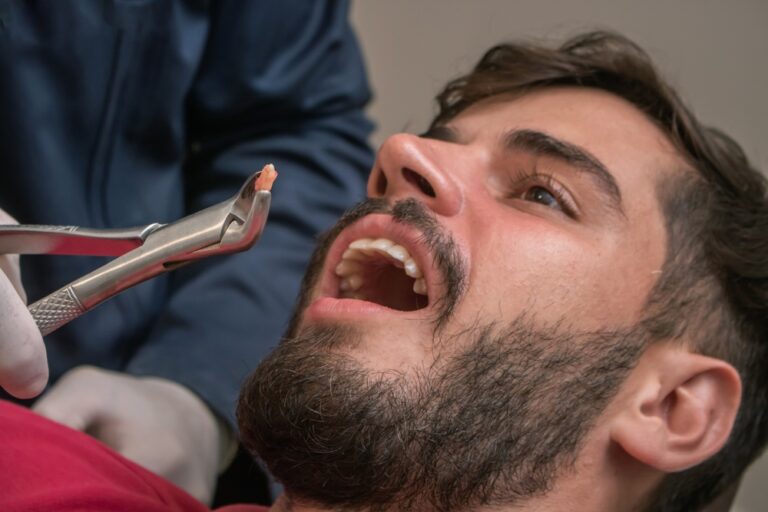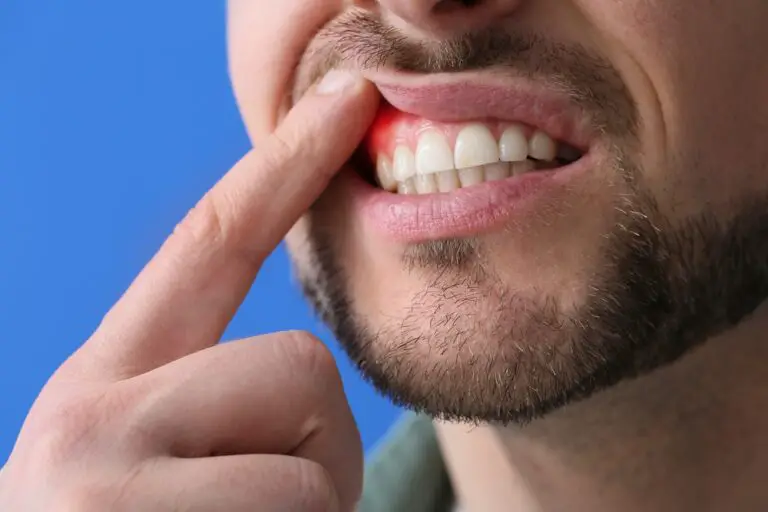Knowing when, how, and why to brush your teeth doesn’t sound like something we should still have questions about. Brushing teeth seems like one of those things that have been a “settled science” for decades. Yet, as our understanding of the human body continues to improve, we are learning more and more about things we previously thought we knew everything about.
For example, did you know that there is a timeframe right after eating when it’s not a good idea to brush your teeth? What’s more, that timeframe depends on exactly what you’ve eaten. So, let’s delve into figuring out how long after eating to brush teeth and why.
How Long After Eating to Brush Your Teeth?
The morning teeth brushing often feels like a dilemma for a lot of people. On one hand, doing it immediately after you wake up is said to be a good idea – not only to deal with the annoying morning breath but because the bacteria in our mouths tend to multiply overnight and it’s good to get rid of it before you eat. In fact, those two things are one and the same as that bacteria is why we have bad morning breath when we wake up.
On the other hand, however, it often feels like a waste to brush your teeth immediately before having breakfast and coffee. Isn’t it smarter to have breakfast first and then crack the toothpaste open to get rid of both the overnight bacteria and the breakfast food particles all at once?
Yes and no. Brushing your teeth after eating breakfast – especially if it included stuff such as coffee and sweets – is generally reasonable as you don’t want those things staying on your teeth for too long. On the other hand, however, brushing your teeth right after breakfast is a bad idea because that tends to smear your tooth enamel with remnants of the food as brushing doesn’t get rid of 100% of the food in your mouth.
That’s especially bad if you’ve eaten acidic food as that can really deteriorate the protective enamel on your teeth. Add the various bacteria that are still in your mouth at this point because you haven’t brushed your teeth before breakfast, and that whole situation becomes quite messy for the protective barrier of your teeth.
Instead, dentists everywhere recommend that we wait at least 30 or even 60 minutes after eating before we brush our teeth. This applies to any meal, be it breakfast, lunch, or dinner, it just comes up most commonly for the early-morning brushing as many people like to do it after breakfast.
The advice is especially important when you’ve eaten acidic foods, as we said, and we will list some examples of such foods below.
Isn’t it just as bad to wait after you’ve eaten acidic foods?
This is an intuitive question – if it’s bad to smear remnants of acidic foods into your teeth and gum by brushing immediately after brushing, isn’t it just as bad to not brush and just wait 30 or 60 minutes?
While the question feels intuitive, the answer is no. If you wait for 30 to 60 minutes, a lot of those food particles will pass down to your stomach as you swallow. Some will still remain, yes, and you can brush them away later, but doing so immediately after eating will press them directly into your teeth’s enamel and gums – something that wouldn’t happen if you just wait a bit.
The difference sounds arbitrary but it is significant. Food particles that are just somewhere in your mouth and will be swallowed eventually are a lot less problematic than food particles that are lodged between your teeth and into your gums.
So, instead of brushing immediately after eating, it’s much more recommended to just rinse your mouth with water or simply drink a bit. This will help remove even more food particles from your mouth without having to brush. In fact, regular rinsing after eating is one of the best precautions you can make for good oral health.
Something such as chewing on sugar-free gum for a bit is also not a bad idea as that too can remove some food particles and even some plaque-causing bacteria from your mouth. Plus, at a minimum, it can freshen your bad morning breath.
Then, once about half an hour has passed, you can and should indeed reach for the toothbrush – at this point, most of the food particles will be out of your mouth and the toothbrush will just clear out the rest rather than smear most of them onto your teeth’s enamel.
If you check out any dentist advice video, most of them will also mention waiting after eating before you brush your teeth alongside other advice such as using a soft toothbrush, brushing at a 45-degree angle and/or at a circular motion, brushing for at least 2 minutes, and so on.
What Types of Food Should You Wait After Eating Before You Brush Your Teeth?
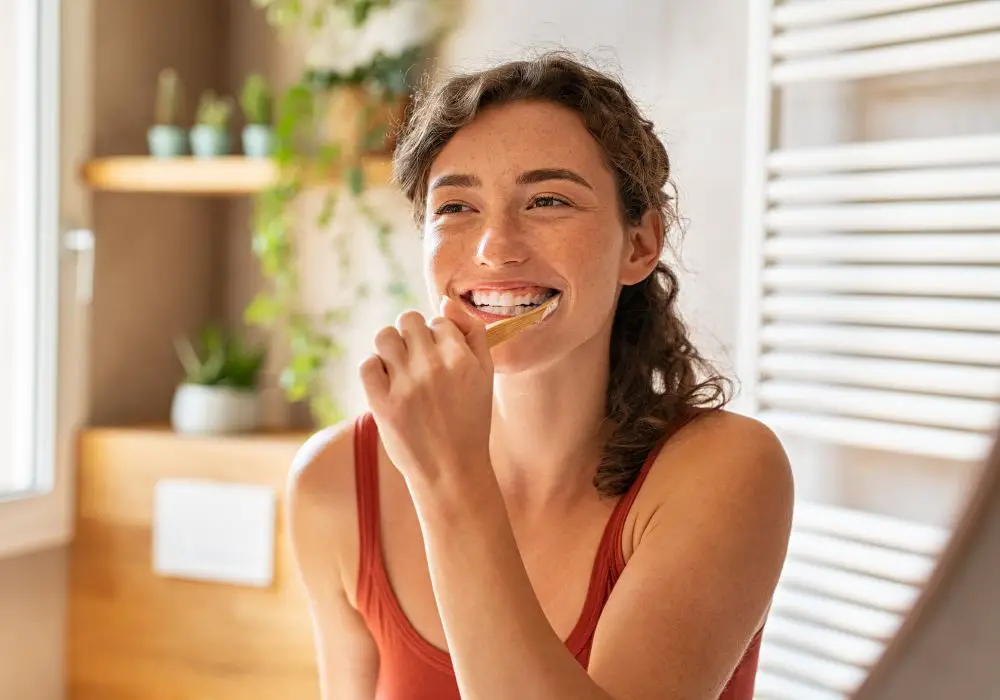
When we talk about acidic foods, this means foods with low pH levels. There are lots of such examples and they are all generally not recommended for your oral health precisely because they weaken our teeth’s enamel.
Some prominent foods to mention include any citrus fruit such as oranges, lemons, and grapefruits, as well as any fruit juice made with citrus fruits such as orange juice, breakfast foods such as pastries, snacks, and even whole grain cereals, any other sugary snack, most fizzy and soft drinks, and more.
Some of those foods are just generally unhealthy for a lot of other reasons, not just because they are too acidic for our teeth. Yet, at the same time, some highly-acidic fruits are actually healthy for us in other regards – most citrus fruits fall in that category.
So, all this doesn’t mean that you should just stop citrus fruits – you likely should eat more of them as most people ignore them. However, this does mean that you should take good care of your teeth right after eating such highly-acidic food. As we explained, this means washing most of it down with water, waiting about 30 or more minutes, and then brushing your teeth. This results in a best-of-both-worlds type of situation – you eat healthily and you also protect your teeth.
As a side note, there is another benefit of drinking a glass of water after eating, in addition to washing down many of the food particles that have been left behind. And that’s the fact that water – especially clean tap water – helps remineralize your teeth after eating acidic foods. That remineralization is vital for the health of your teeth’s enamel and making sure that it’s as resistant to plaque buildup as possible.
How to Brush Your Teeth for the Best Possible Results?
Now that we understand why waiting for a bit after eating is a good idea, let’s go over some of the other basics of the brushing process. You’ve likely heard most of these already but they do bear repeating as a lot of people ignore them even though they know about them.
- The first major thing is to always brush your teeth at least twice a day – once just before going to bed and, usually, once in the morning. Many people brush their teeth an extra few times a day and that’s ok as long as you don’t do so immediately after eating and if you don’t do this a little too radically, to the point of hurting your teeth.
- Secondly, make sure that each brushing session lasts at least two minutes, or ~30 seconds per one quarter of your mouth. This gives you enough time to reach all the sides of your teeth and through any angle.
- The next bit tip is to use a soft toothbrush and not press too hard. A lot of people think that pressing a bit more and/or using a harder toothbrush cleans the teeth better and means you don’t need to brush for whole two minutes – nothing could be further from the truth. Not only are hard brushes not “better” than soft ones, they tend to harm both the gums and the enamel on our teeth. So, using a soft brush for two minutes twice a day is usually the smart choice.
- Brush your teeth in circular motions and switch the angles of the toothbrush to make sure that it bristles and the toothpaste get in all the right places.
- Don’t forget to floss twice a day too as well as use a good mouthwash once a day – brushing alone is almost never good enough.
In Conclusion
Brushing your teeth properly and regularly is key to avoiding nasty oral problems such as inflammation, gum disease, cavities, tooth decay, and others. It’s also important not to be too zealous about that brushing, however, as doing so too forcefully or immediately after eating can cause more problems than it fixes. Ideally, you’d wait at least 30 minutes after eating before your brush your teeth, you’ll drink water or rinse with water at least once in the meantime, and you’ll use a soft-bristled toothbrush.

